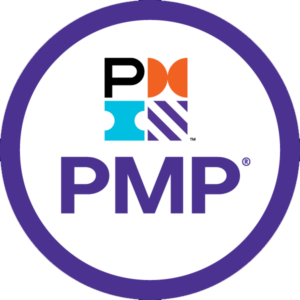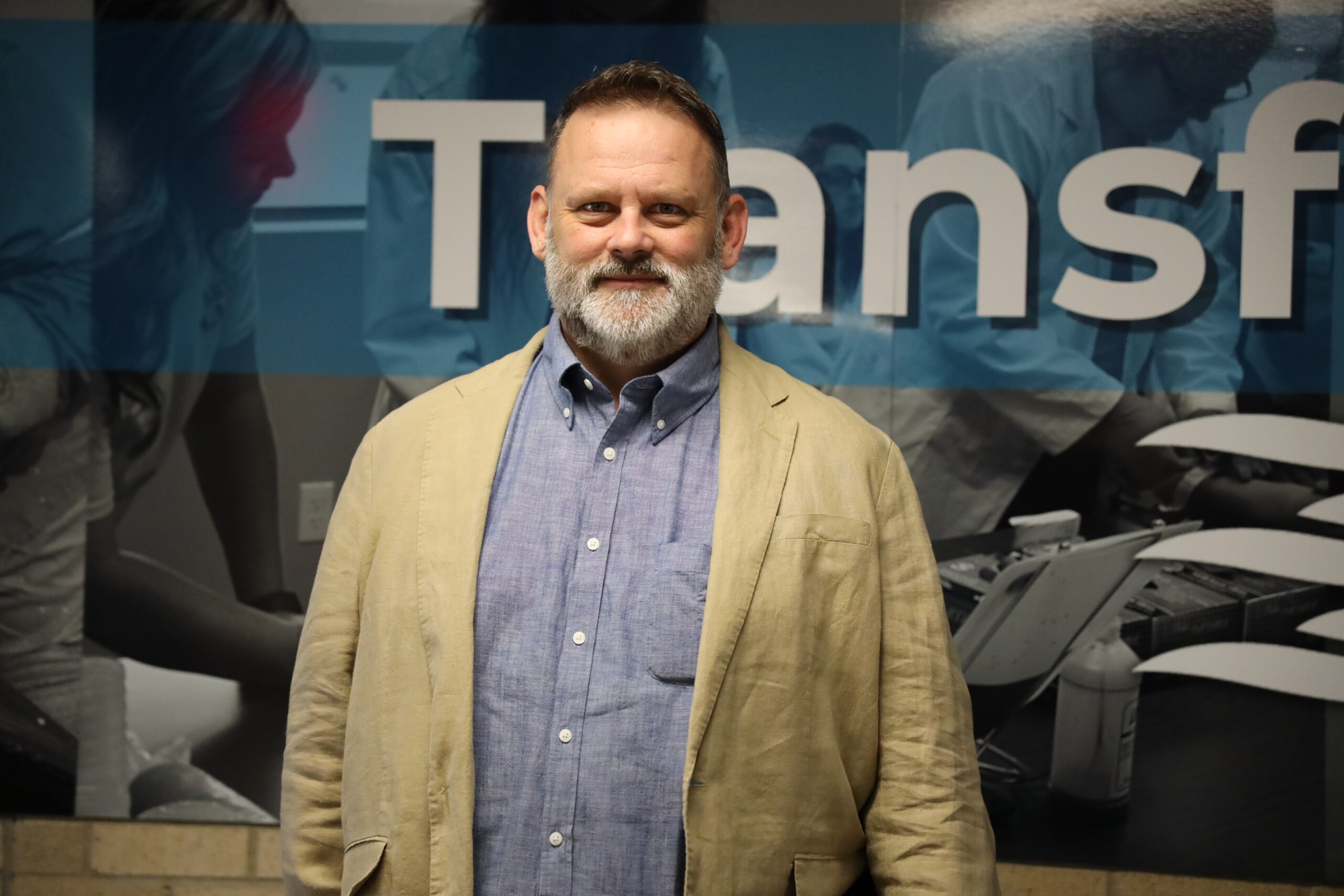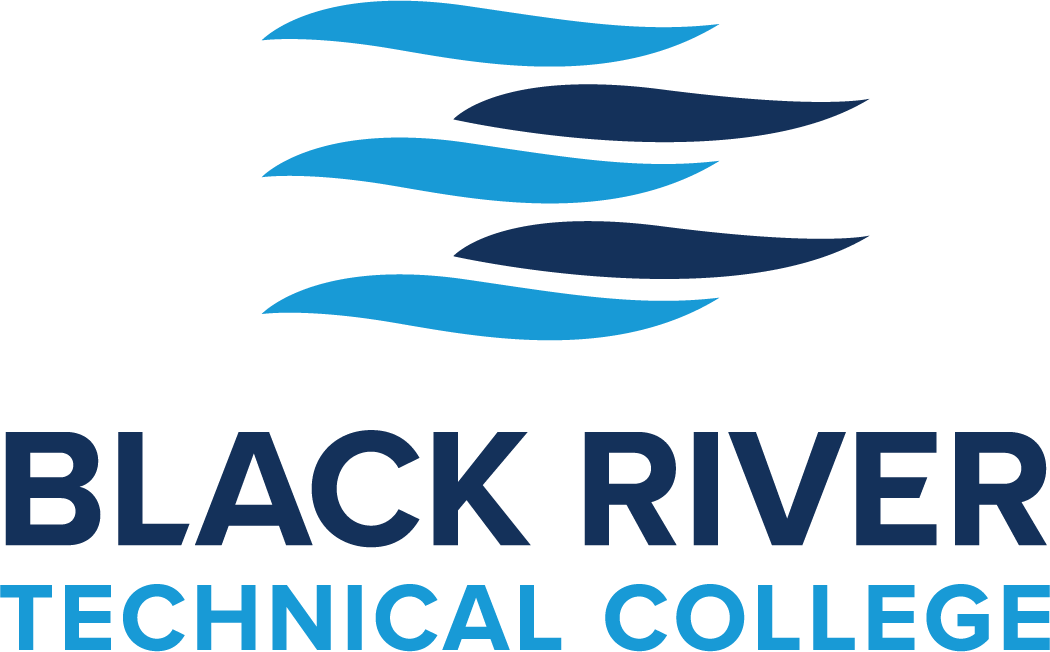

Online CAPM and PMP Certification Prep
Project Management Certification Preparation
This CAPM® and PMP® certification prep course bundle is designed for seasoned project managers. It provides a strong grasp of project management from start to finish. You will cover a good foundation of project management concepts and terminology before deepening your understanding and practical application of project management tools, methods, and processes.
This course bundle includes the Project Management Essentials with CAPM® Prep and Mastering Project Management with PMP® Prep courses. It is based on the current Guide to the Project Management Body of Knowledge (PMBOK® Guide), which establishes the international standard regarding the project management discipline.
After course completion, you must schedule and pay for the Certified Associate in Project Management (CAPM) and PMP certification exams on your own. If you are already certified, the contact hours may be applied as the PMP exam education prerequisite or as professional development units (PDUs).
Job Outlook for Project Managers
The salary of project managers varies widely depending on the industry in which you choose to work. According to Indeed.com, the average national salary of a project manager is $88,010, with a high of $137,093 as of February 2024. Similarly, recent Project Management Institute (PMI) survey data shows that project professionals report the highest median salary in the U.S. ($120,000), with those with less than three years of experience earning a median salary of $80,000 yearly.
The demand for project managers varies, but it is high and continuing to rise due to an increasing number of jobs that require project-oriented skills. The U.S. Bureau of Labor Statistics (BLS) reports that the project management field is projected to grow 6% by 2032. Lightcast data reports that project management professionals will see over 13% job growth by 2033.
Project Management FAQs
What is a project manager? What does a project manager do?
A project manager is responsible for a project's success. They develop an idea, gain support, assemble a team, outline steps, manage the budget, make critical decisions, communicate with stakeholders, and ensure a smooth handover. They control all aspects of the project, including initiation, planning, design, execution, monitoring, control, and closing.
What is the PMP certification?
The PMI, the world's leading authority on project management, created the PMP certification to recognize project managers who have proven they have project leadership experience and expertise in any working background. The PMP credential acknowledges candidates' skills in managing the people, processes, and business priorities of professional projects.
To obtain PMP certification, a project manager must meet certain requirements and pass a 180-question exam. According to the PMI, the PMP exam was created by project leaders for project leaders so that each test question can be related to real-life project management experiences.
What is the CAPM certification?
CAPM is a PMI-awarded certification, considered the first step in project management certification. The exam is a three-hour-long, 150-question, proctored multiple-choice test. You can take the exam online from home through online proctoring sessions. To be eligible, you must have a secondary degree and complete 23 hours of project management education (this course satisfies the requirement). Once you pass the exam, you'll receive the CAPM certification.
Can I work as a project manager without a project manager certification?
Yes, you can become a project manager without certification if you have the necessary knowledge, training, and experience. However, obtaining a CAPM and/or PMP certification is recommended as it demonstrates your commitment to the industry and understanding of global standards. Possessing a certification can give you an edge over other candidates, show your willingness to learn, and increase your earning potential.
Course Objectives
- Advanced project management concepts and definitions
- Project selection, proposal, and planning processes
- How to select, plan, execute, control, and complete projects
- Agile basics and principles
- Tips and tricks for the PMP exam and career resources
- Understand the essential elements of a project management foundation
- Learn how to execute a project from start to finish
- The most common project management concepts and terminology
- Master the creation of project-driven budgets and timelines
- How to predict and prevent risks
- Concepts from The Guide to the Project Management Body of Knowledge (PMBOK® Guide)
Prerequisites and Certification Requirements
This course has no prerequisites other than a basic knowledge of how to use a computer and the Internet.
This course will prepare you to sit for the CAPM exam. To qualify for the exam, you must meet one of the following eligibility requirements:
- Secondary degree (high school diploma, associate degree, or the global equivalent)
- 23 hours of project management education completed by the time you sit for the exam (This course meets the education requirement).
There are two prerequisites for PMP candidates: formal project management education and project management experience.
- Education: You need a minimum of 35 hours of formal project management training (this course meets the education requirement).
- Experience: The PMI also requires project management experience in a leadership role. You don't have to be a "project manager," but you do need to demonstrate that your experience is in a leadership role of some sort. In the exam application, you will document the number of hours you personally performed project work. You must break out that experience by process group. How much experience you need depends on your level of education. If you have a four-year degree or its equivalent from another country, you will need 4,500 hours of project management experience. If you don't have a four-year college degree, you will need 7,500 hours of project management experience.
Instructors
Nikki Choyce
Nikki Choyce, PMP, has been involved in the project management field for more than 20 years and has worked as a project management consultant and instructor for much of that time. She has worked in a variety of industries, including Information Technology, Insurance, Manufacturing, Marketing, Aerospace, Construction, Telecommunications, and Healthcare. She has worked with Microsoft Project for over 15 years. She holds the professional Project Management Professional (PMP)® certification from the Project Management Institute (PMI)®.
Erica Kirwan
Erica Kirwan has more than 15 years of experience in process and project management. Previously, Kirwan served as Senior Project Manager for a Fortune 200 financial services company. She earned an Advanced Project Management Certification from Stanford University and the professional Project Management Professional (PMP)® certification from the Project Management Institute (PMI)®. She also holds a Bachelor of Science in Computer Information Systems and a Master of Public Administration.
Registration and Enrollment
This course is 100% online. Start anytime.
Workforce Training Contracts



A.A., Black River Technical College; B.A., Arkansas State University

Exum, April


Higginbotham, Kenny


Hynds, Marcus

B.S.E., M.A., M.S.E., Arkansas State University, Title IX Deputy Coordinator

